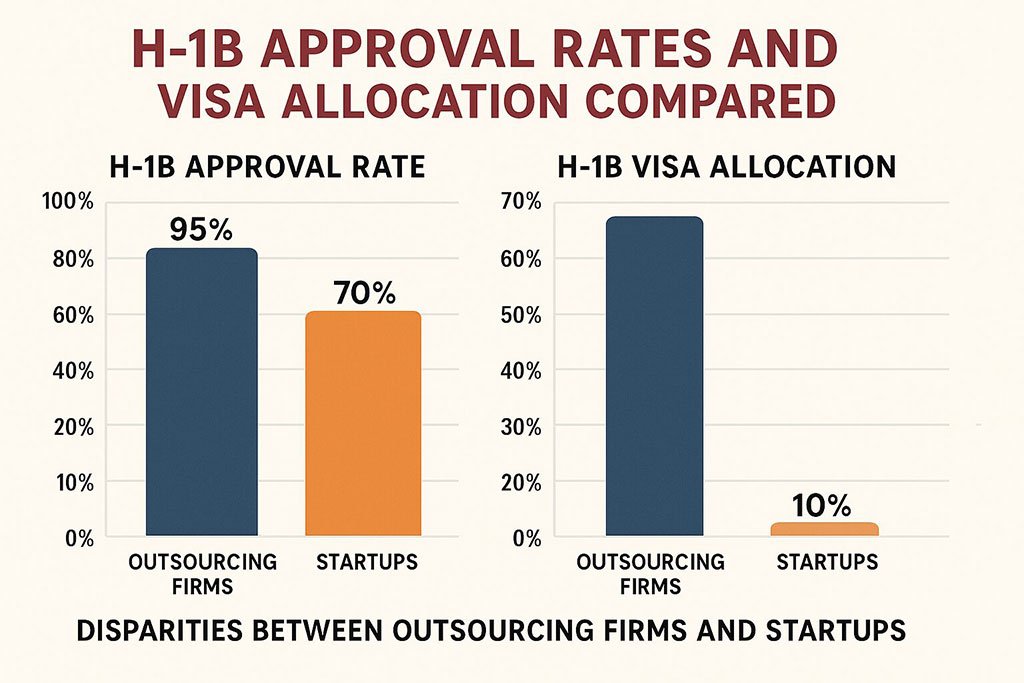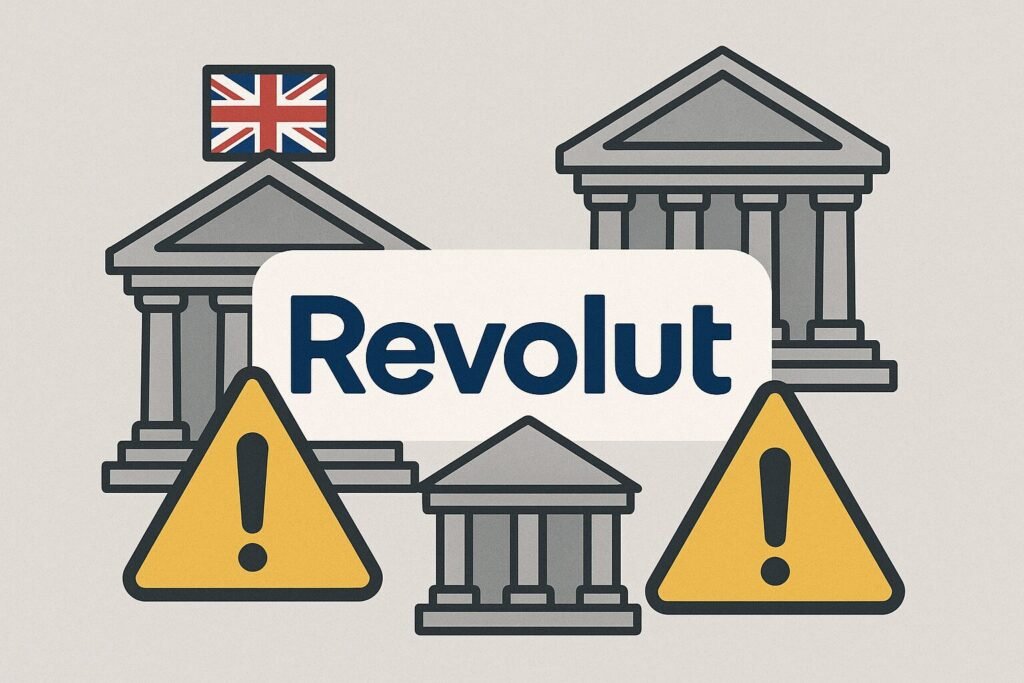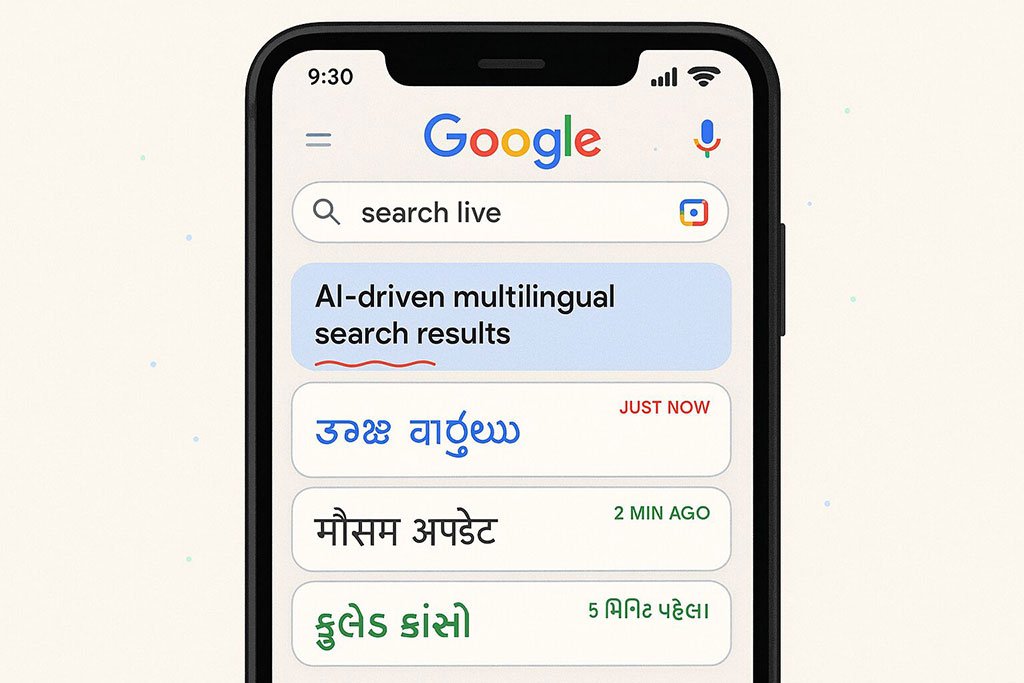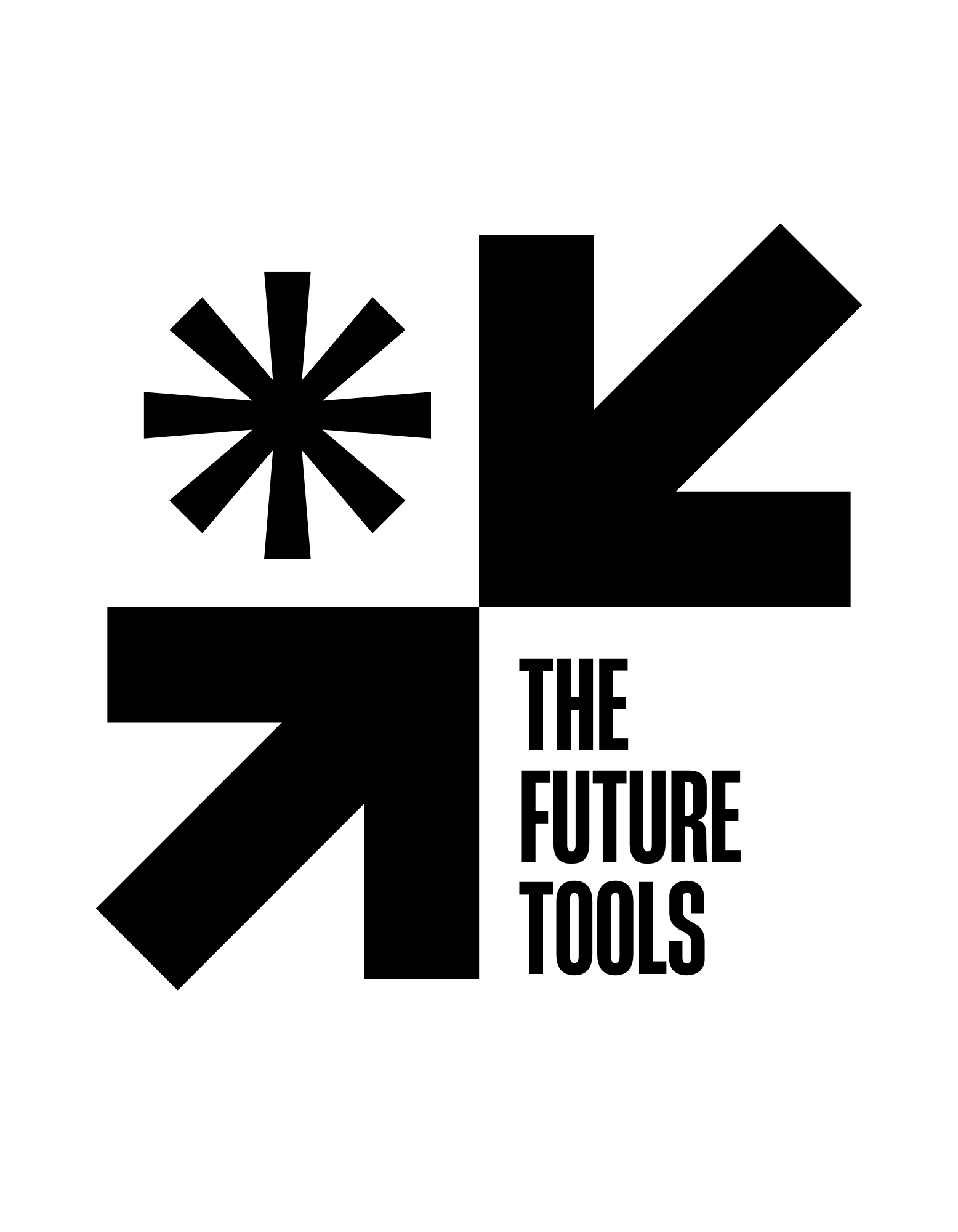Now Reading: Charles Schwab Backs Qapita: Singapore’s Bid to Challenge Carta’s Dominance
-
01
Charles Schwab Backs Qapita: Singapore’s Bid to Challenge Carta’s Dominance
Charles Schwab Backs Qapita: Singapore’s Bid to Challenge Carta’s Dominance
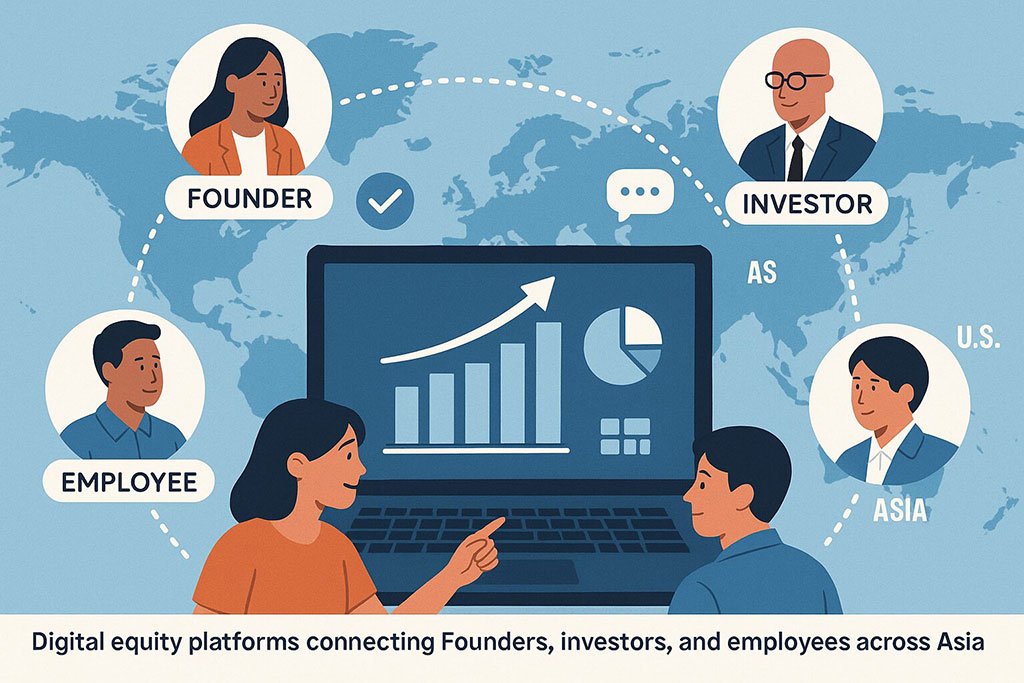
A new player from Asia is stepping into the spotlight — and it’s attracting serious attention from Wall Street. Charles Schwab’s backing of Singapore-based Qapita marks a defining moment in the evolution of private market technology. The move positions Qapita as a potential global contender to Carta, the American heavyweight known for digitizing equity management and cap tables.
But beyond the headlines, this partnership symbolizes something bigger: the growing eastward shift of fintech innovation, where Asia’s emerging markets are no longer just catching up—they’re starting to lead.
The Significance of Schwab’s Investment
For decades, Charles Schwab has been a name synonymous with democratizing investing in public markets. By backing Qapita, the firm is extending that philosophy into the private markets, where startups, venture capitalists, and employees often struggle with opaque ownership records and complex compliance structures.
This investment is more than a financial endorsement—it’s a strategic statement. Schwab’s involvement gives Qapita access to not only capital but also credibility and global reach. It’s an acknowledgment that Asia’s fragmented startup infrastructure is ready for digitization at scale.
For Qapita, this is an inflection point. The company now has both the validation and the visibility needed to accelerate its growth, expand its footprint, and compete on the same stage as Carta. For Schwab, it’s a chance to tap into the fast-growing digital equity ecosystem in markets where private investment activity is surging.
Simplifying the Ownership Layer
Qapita was founded with a simple but ambitious goal—to help startups and private companies manage their ownership data digitally. Traditionally, startups tracked shareholding, ESOPs, and investor agreements on spreadsheets—a process riddled with errors and inefficiencies.
Qapita’s platform replaces that manual chaos with a centralized, secure digital interface where founders, investors, and employees can view, manage, and transact ownership data in real time. From issuing shares to tracking stock options and simulating dilution scenarios, everything happens on a single, transparent platform.
What sets Qapita apart is its regional awareness. It understands that managing equity in India or Singapore is not the same as managing it in Silicon Valley. Each market has its own legal frameworks, taxation rules, and cultural nuances. Qapita’s localized approach gives it a significant advantage in markets where Carta’s largely U.S.-centric model struggles to adapt.
The Emerging Global Rivalry
Carta has long dominated the cap table management space in the U.S., helping companies raise capital, manage ownership, and even create secondary liquidity markets for employees. But its influence has been concentrated in the Western world.
Qapita, in contrast, is building its foundation in Asia-Pacific, one of the fastest-growing regions for startups and venture capital. Here, thousands of new companies are being founded each year, but most still rely on outdated systems for ownership management. That’s the gap Qapita is filling—with scalability, compliance, and accessibility designed specifically for the region.
Where Carta focuses on institutional markets and high-growth unicorns, Qapita aims to democratize ownership tools for a broader audience—startups, scale-ups, and even small private enterprises. It’s a strategy that mirrors Schwab’s own legacy: bringing sophisticated tools to everyday investors.
A Strategic Alliance Beyond Capital
Charles Schwab’s investment isn’t just a financial transaction—it’s a collaboration of philosophy. Both companies share a vision of financial inclusion, transparency, and empowerment through technology.
For Qapita, this alliance offers access to a network of global experts in wealth management, compliance, and financial operations. For Schwab, it provides a foothold in the Asian private market ecosystem—an area that’s growing exponentially but remains relatively untapped by Western financial institutions.
The partnership could also pave the way for new cross-border features, such as global investor visibility, secondary liquidity platforms, or even tokenized equity systems in the future. In a market where private assets are increasingly being digitized and fractionalized, these possibilities could redefine the ownership experience altogether.
Asia’s Fintech Momentum
The timing of this move is telling. Asia’s startup ecosystem is booming, with India, Singapore, and Indonesia producing record numbers of unicorns and early-stage ventures. Yet, the infrastructure supporting private markets—ownership, compliance, and liquidity—has lagged behind.
Qapita’s emergence addresses that imbalance. Its growth represents a broader shift in fintech gravity, where innovation is no longer flowing one way from West to East. Instead, regional ecosystems are creating their own models—ones that are more agile, locally compliant, and globally scalable.
Charles Schwab’s backing adds global legitimacy to this movement. It demonstrates that Western capital is now looking East not just for returns but for innovation—a reversal of the narrative that once defined global finance.
Competing with Giants
Of course, the road ahead isn’t without challenges. Competing with Carta means going up against a company with billions in valuation, deep market penetration, and a mature product ecosystem.
Qapita must continue to differentiate through localization, affordability, and innovation. Building trust among investors and regulators across multiple Asian jurisdictions will take time and precision. Additionally, scaling across borders introduces complexities around taxation, legal compliance, and data protection.
However, the company’s regional expertise—and the strategic weight of Charles Schwab’s name—gives it a unique foundation. In emerging markets, where Carta’s reach is limited, Qapita could quickly become the default platform for equity management.
The Future of Digital Ownership
The investment in Qapita highlights a much larger transformation underway: the digitization of private equity infrastructure. As more companies stay private longer and employee ownership becomes more common, the need for transparent, real-time equity management tools will only grow.
Platforms like Qapita are not just digitizing data—they’re democratizing access to equity, making ownership more participatory and less exclusive. This could unlock new liquidity pathways for employees, simplify compliance for founders, and give investors clearer insights into their portfolios.
In the long term, the rise of such platforms could lead to a global digital equity marketplace—one that functions seamlessly across countries, currencies, and compliance standards.
A Defining Moment for Global Fintech
Charles Schwab’s investment in Qapita represents more than a bet on a promising startup. It’s a signal of confidence in Asia’s fintech future and a recognition that the next generation of ownership infrastructure will be built collaboratively, not competitively, across continents.
For Qapita, this is an opportunity to prove that innovation doesn’t have to come from Silicon Valley to change the world. For the global fintech industry, it’s a reminder that the real frontier lies not in disruption for disruption’s sake, but in building systems that make finance more inclusive, transparent, and human.
In essence, this partnership is not just about capital—it’s about capability, credibility, and connection. Together, Charles Schwab and Qapita are not just managing ownership data—they’re shaping the architecture of digital ownership for the decade ahead.
Subscribe to our newsletter for deep dives into fintech innovation, startup ecosystems, and emerging investment trends shaping the future of private markets.
FAQs
1. What is Qapita?
Qapita is a Singapore-based equity management platform that helps startups manage their cap tables, ESOPs, and investor relations digitally.
2. Why did Charles Schwab invest in Qapita?
The investment signals Schwab’s confidence in Asia’s fintech potential and Qapita’s role in digitizing private markets.
3. How is Qapita different from Carta?
While Carta dominates in the U.S., Qapita focuses on the Asia-Pacific region with localized compliance, flexible pricing, and region-specific integrations.
4. What problem does Qapita solve for startups?
It eliminates the manual complexity of managing ownership structures and offers real-time equity visibility to founders and investors.
5. Will Qapita compete directly with Carta?
Yes, particularly in emerging markets where Carta’s presence is limited or localized needs are unmet.
6. How does this investment affect the fintech ecosystem?
It reinforces Asia’s growing influence in private market digitization and fosters global collaboration.
7. What regions is Qapita expanding into?
Currently focused on Singapore, India, and Southeast Asia, with plans for broader regional expansion.
8. What’s next for Qapita?
The company is likely to enhance its product suite with secondary trading and digital ownership capabilities.
9. How does this benefit startup employees?
Employees gain better visibility into their stock options and potential liquidity through digitized ESOP management.
10. What does this mean for investors?
Investors get improved transparency, compliance assurance, and streamlined portfolio management.
Disclaimer:
All logos, trademarks, and brand names referenced herein remain the property of their respective owners. Content is provided for editorial and informational purposes only. Any AI-generated images or visualizations are illustrative and do not represent official assets or associated brands. Readers should verify details with official sources before making business or investment decisions.







